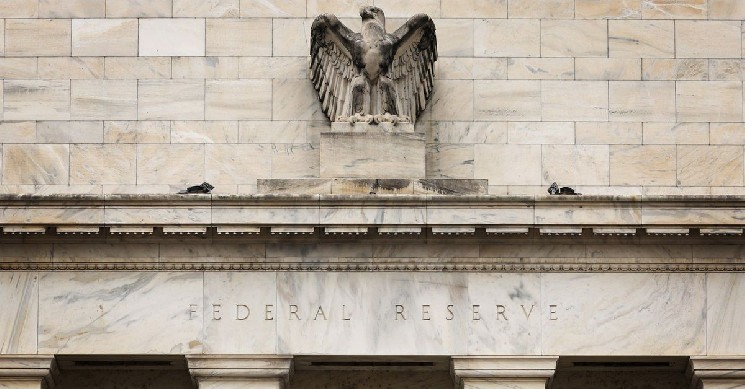Inflation Concerns, Strong Jobs Data Put Bitcoin on the Defensive

The price of bitcoin (BTC) retreated on Wednesday after a Federal Reserve official reiterated her concerns about jobs data and inflation.
“I don’t really see a compelling reason to pause, meaning wait until you get more evidence to decide what to do,” said Federal Reserve Bank of Cleveland President Loretta Mester in an interview with the Financial Times.
Despite some encouraging signs in recent months, said Mester, the Fed had more work to do to stem inflation.
Mester is an Federal Open Market Committee (FOMC) “alternate member,” meaning that she votes on interest rates in the absence of one of the 12 voting members. Known as one of the more hawkish members of the Fed, her comments shouldn’t have been too surprising, but nevertheless helped knock the price of bitcoin down about $500 to $27,000 early Wednesday morning.
Meanwhile, an unexpectedly strong Job Openings and Labor Turnover (JOLTS) report showed openings increasing to 10.1 million in April, more than an anticipated 9.375 million, and bolstering Mester’s argument that labor markets remain stubbornly tight.
Not all market participants have been phased by the price decline.
Mikkel Morch, of Digital Asset Fund Ark36 believes that the fundamental drivers of bitcoin, including adoption and institutional interest, point to higher prices despite current macroeconomic concerns.
“While short-term volatility persists due to the Federal Reserve’s tightening measures and ongoing global economic uncertainties, our stance at ARK36 remains bullish on Bitcoin for the long term”, stated Morch.
Michael Silberg of crypto hedge fund Alt Tab Capital, echoed those sentiments, indicating that institutional investors often embrace volatility in crypto markets. “This is a highly volatile market,» he said, «which is one of the traits that attracts institutional investors in the first place.”
A key to watch in upcoming days is to what extent BTC prices settle near $27,000, which coincides with its 20-day moving average. A decline below this threshold could see bitcoin approach the lower range of its Bollinger Band at $26,300.
Among upcoming data points of interest will be Friday’s nonfarm payrolls data. Current forecasts call for the economy to add 180,000 jobs in May. A reading above 180,000 would likely have a bearish impact on prices.






 Bitcoin
Bitcoin  Ethereum
Ethereum  Tether
Tether  USDC
USDC  TRON
TRON  Dogecoin
Dogecoin  Cardano
Cardano  Monero
Monero  Bitcoin Cash
Bitcoin Cash  Chainlink
Chainlink  Stellar
Stellar  LEO Token
LEO Token  Zcash
Zcash  Litecoin
Litecoin  Hedera
Hedera  Dai
Dai  Cronos
Cronos  OKB
OKB  Tether Gold
Tether Gold  Ethereum Classic
Ethereum Classic  KuCoin
KuCoin  Cosmos Hub
Cosmos Hub  Algorand
Algorand  Gate
Gate  Dash
Dash  VeChain
VeChain  Stacks
Stacks  Tezos
Tezos  TrueUSD
TrueUSD  IOTA
IOTA  Decred
Decred  Theta Network
Theta Network  Basic Attention
Basic Attention  NEO
NEO  Synthetix
Synthetix  Qtum
Qtum  Ravencoin
Ravencoin  0x Protocol
0x Protocol  Zilliqa
Zilliqa  DigiByte
DigiByte  Nano
Nano  Siacoin
Siacoin  Holo
Holo  Numeraire
Numeraire  Waves
Waves  Ontology
Ontology  Enjin Coin
Enjin Coin  Status
Status  Hive
Hive  BUSD
BUSD  Pax Dollar
Pax Dollar  Lisk
Lisk  Steem
Steem  Huobi
Huobi  OMG Network
OMG Network  Bitcoin Gold
Bitcoin Gold  NEM
NEM  Augur
Augur  Bitcoin Diamond
Bitcoin Diamond